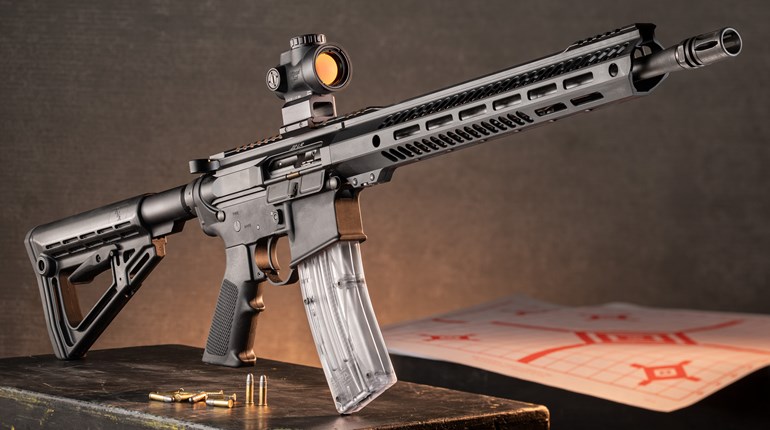
Such is the notoriety of America’s marvelous Constitution that almost anyone in the world can recite at least one of its famous phrases: “We the People, in Order to form a more perfect Union.” “Secure the Blessings of Liberty to ourselves and our Posterity.” “The Spirit of Aloha.” Hold on, I’m being told that that last one isn’t, in fact, in the U.S. Constitution. I apologize for the error.
In February, the Supreme Court of the State of Hawaii issued an opinion restricting the right to keep and bear arms that was so astonishingly lawless—and so transparently defiant—as to make one wonder if the state was planning on seceding from the Union.
In its ruling, the state court determined that “Hawaii’s historical tradition of firearm regulation rule out an individual right to keep and bear arms under the Hawaii Constitution.” It rejected the authority of the federal Second Amendment, which it insisted did not protect an individual right and had been misinterpreted in Heller; and it cited in its place “the spirit of Aloha,” the “history of the Hawaiian Islands,” “the law of the splintered paddle” and the preferences of King Kamehameha III. They even cited a snippet of dialog from HBO’s drama series The Wire. Praising its work, Hawaii’s attorney general suggested happily that the court’s declaration represented a “landmark decision that affirms the constitutionality of crucial gun-safety legislation.”
It is no such thing.
With lawbreaking this brazen, it is hard to know where to start. So, let’s go back to basics: As a part of the United States, Hawaii is obliged to follow the U.S. Constitution, which contains the Second and Fourteenth Amendments. They are then required to enforce the U.S. Supreme Court’s interpretations of the U.S. Constitution, which, at the present time, includes D.C. v. Heller (2008), McDonald v. City of Chicago (2010) and New York State Rifle & Pistol Association v. Bruen (2022).
That judges on Hawaii’s highest state court may not like these provisions and decisions is irrelevant. This court has no power to overrule them—let alone to pretend that its doing so is “constitutional.” As a quick review of American case law will make clear, there are no spirit-of-Aloha, splintered-paddle or television-drama exceptions to this rule.
The line from The Wire that is quoted by Hawaii’s Supreme Court reads: “The thing about the old days, they the old days.” Here, the judges ought have to taken their own advice; after all, reading their discussion of the meaning of the Second Amendment is to wonder whether one has been transported back in time to that brief period in American history when such arguments were being made. This Hawaiian court writes about the Second Amendment as if is it providing some new and exciting insight, when, in truth, it is reiterating the same debunked and discredited nonsense that has been dismissed time and time again. Throughout their opinion, Hawaii’s judges sneer about “packing a musket to the wigmaker just in case,” insist that Americans enjoyed “a collective right to bear arms in service to the militia” until 2008 and repeat that old saw about the militias being analogous to “the National Guard.” It’s pathetic.
And, worse, it is illegal. Advocates of the right to keep and bear arms have grown accustomed to state and circuit courts resisting the orders of the U.S. Supreme Court, but, usually, they are cleverer than this. Typically, judicial defiance against the Second Amendment involves the shrewd parsing of language and the exploitation of ambiguities, not a raised middle finger with the word “No” tattooed onto it. When, as it inevitably will, this case reaches the higher courts, they should make extremely short work of it—if they don’t, then we will effectively have no U.S. Constitution at all.


































